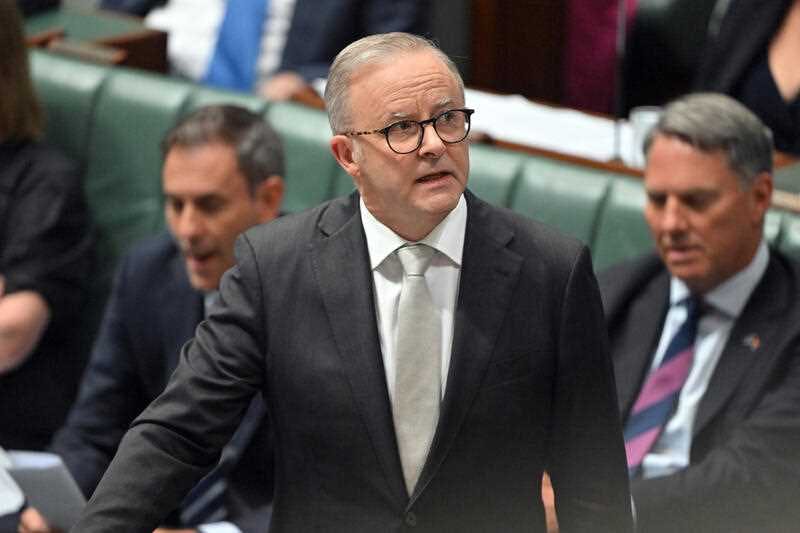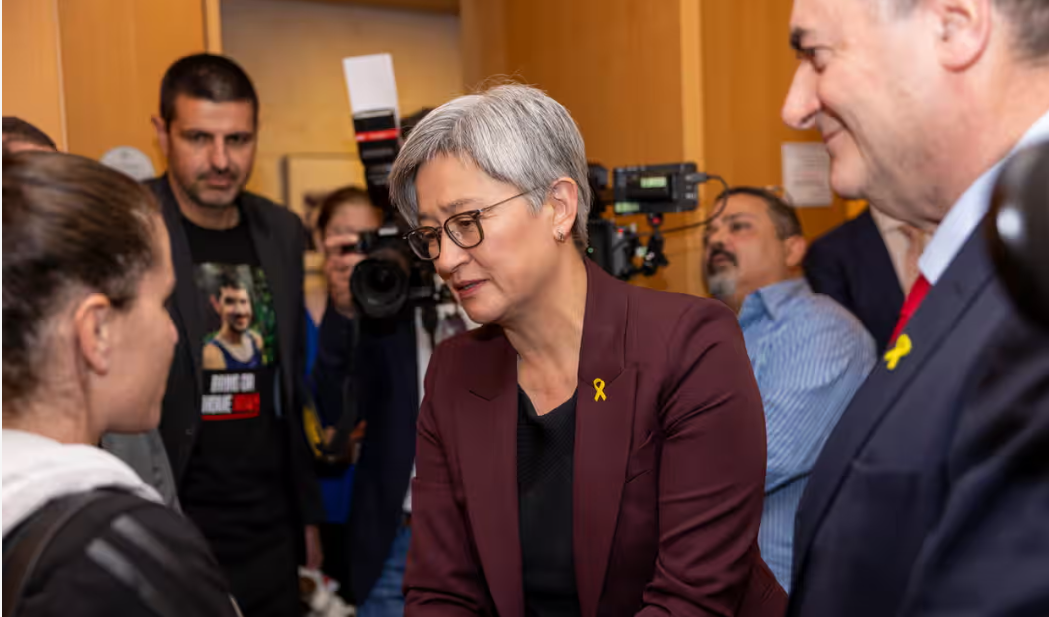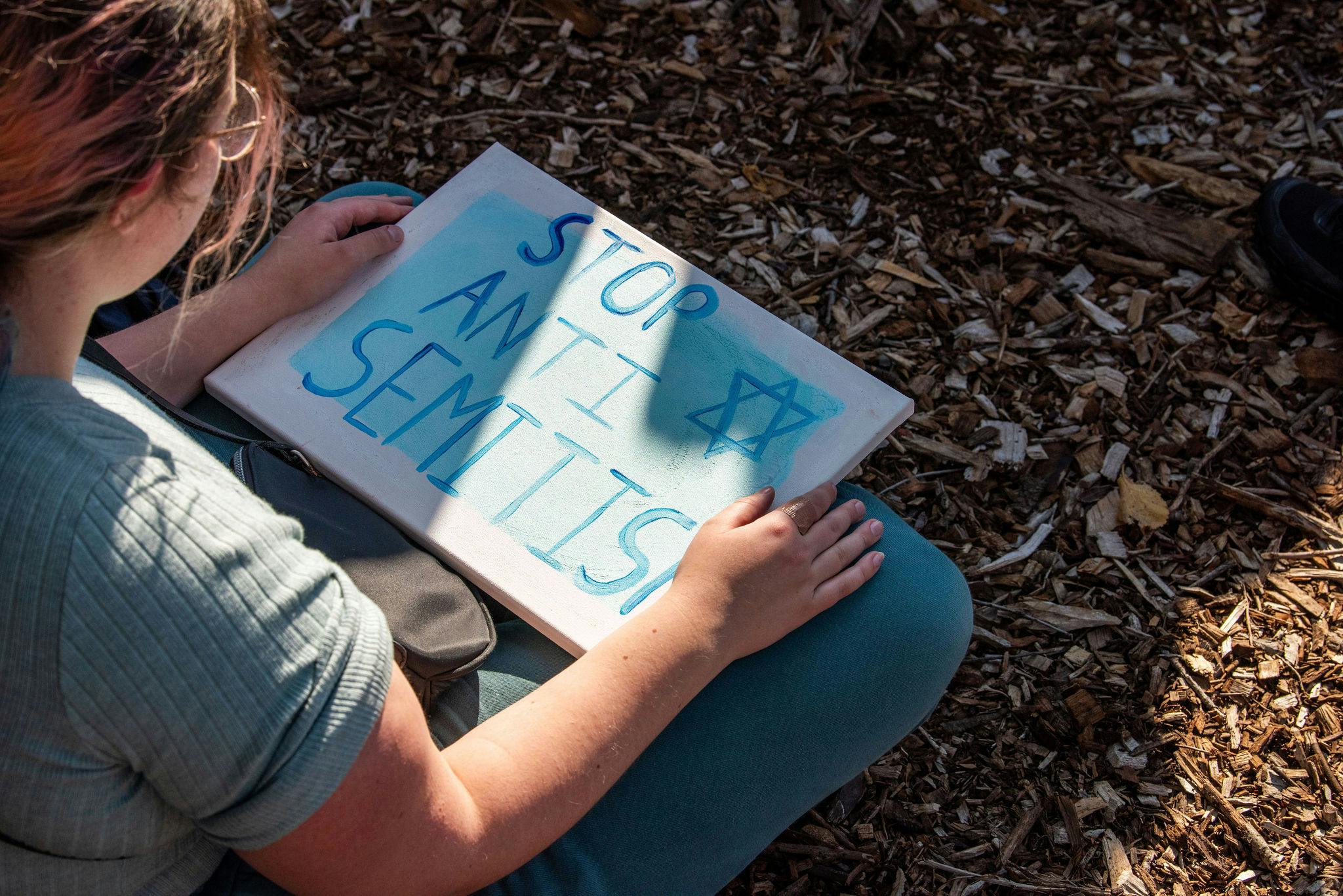Published: 5 August 2022
Last updated: 5 March 2024
As a Jewish Greens member, DAN COLEMAN believes the party is still learning how to handle bigotry towards Jews.
Since organising the first Greens Party branch in the American state of North Carolina in 1985, I’ve worked on dozens of Greens electoral and issue campaigns and held a variety of positions in the party, for the past decade here in Australia. Through all those years and activity, I have never met a Greens Party member who was motivated by antisemitism. Not once.
Why, then, is there a widespread perception among Australian Jews, particularly those on the Right, that the Greens Party is antisemitic?
The perception that the Greens are antisemitic is particularly confounding considering the finding of The Jewish Independent’s recent Crossroads21 survey that “the strongest rejection of stereotypical statements about antisemitism was by Greens voters, rather than Coalition or Labor. The average for Greens voters was 90%, with Labor voters 81%, Coalition 80% and minor parties 71%.”
The strong rejection of antisemitism is consistent with the high priority Greens place on fighting discrimination, but it is not the perception of the right-leaning Jewish media and peak bodies, who weaponise charges of antisemitism to attack a party they correctly view as favouring justice for the Palestinians.
This was reflected by former AJN editor Zeddy Lawrence who, in response to a letter citing the strong Greens opposition to antisemitism in Crossroads21 wrote, “The report also shows the Greens are overwhelmingly more supportive of the Palestinians than Israel. I would imagine that accounts for why many see the Greens as antisemitic.”
Greens members, like other Australians, need to be educated.
The equivalence of support for Palestinian rights with antisemitism has been fuelled by a series of damaging missteps by Greens party members.
This is why, in 2016, a number of Jewish Greens members formed the Jewish Greens (J-Greens), an official working group of the Victoria party, with the goal of blunting such criticism and providing a bridge between the progressive Jewish community and the party.
Earlier this year, J-Greens developed a policy proposal to guide the party on antisemitism. Our goal was to cut through the fetishisation of antisemitism definitions on both the Left and the Right to instead focus on action. We underscored the necessity of partnering with the Jewish community to best understand the challenges of and responses to antisemitism.
To introduce this proposal, David Zyngier and I authored a piece on “Developing a Greens Position on Antisemitism” published in the July edition of the party’s national magazine. In it, we prefaced the policy statement with a brief overview of the history and varieties of antisemitism across the centuries, a background many Australians do not have.
There are relatively few Jews in Australia, mostly concentrated in Sydney and Melbourne. Many Australians can live their lives with scant if any contact with Jews or Judaism. It is not surprising that antisemitism is little understood. Greens members, like other Australians, need to be educated.
In contemplating the question of antisemitism within the Greens, as well as more recent intra-party issues surrounding transphobia, I have developed a four-fold taxonomy of bigotry: the ignorant, the misguided, the discriminatory, and the hateful. The ignorant and misguided must be educated. Those engaged in discrimination or hatred must be opposed.
The Greens have shown themselves to be ignorant or misguided from time to time. For example:
- In 2018, Adam Bandt’s office put out a meme opposing Malcolm Turnbull’s proposed tax cuts for millionaires. This meme contained an image of a rapacious-looking, big-nosed banker reminiscent of Nazi propaganda. The graphic artist in Bandt’s office had not understood the implications and Bandt immediately issued an apology. This was bigotry of the ignorant sort.
even the most egregious human rights violation by Israeli governments should not discount the right of the Israeli people as well as the Palestinians to live in peace and security.
- In June 2016, Steph Hodgins-May, then Greens candidate for the seat of Melbourne Ports (now Macnamara), was advised to pull out of a forum organised by Zionism Victoria. This misstep was based on a misunderstanding of the meaning of the word “Zionism” for Australian Jews. This was bigotry of the misguided sort. Hodgins-May spent the next six years building bridges to the Jewish community and building up a significant Jewish presence on her campaign team.
Despite these occasional missteps, no one in the Greens has ever advocated discrimination against Jews or trafficked in the hateful rhetoric and imagery that is commonplace on the Far Right.
Nonetheless, as Zyngier and I wrote in Greens Magazine, as a party fundamentally opposed to all forms of bigotry and discrimination, the Greens should have a clear framework for understanding and combatting antisemitism.
The J-Greens proposed policy will ultimately require ratification by the party’s national conference. Getting there will involve much discussion with the opportunity to greatly expand party members’ understanding of antisemitism.
Over the years, J-Greens have had some success. We have worked closely with senator Janet Rice, holder of the party’s foreign affairs portfolio in the last parliament, to develop an understanding that criticism of even the most egregious human rights violation by Israeli governments should not discount the right of the Israeli people as well as the Palestinians to live in peace and security.
The Greens are learning from mainstream Jewish sources as well. In June, Samantha Ratnam, Greens’ parliamentary leader in Victoria, made a powerful speech in support of the Nazi Symbol Prohibition Bill in which she spoke of hearing from “members of the Jewish Community Council of Victoria and the Executive Council of Australian Jewry [who] spoke of the ongoing impact that antisemitism has on their community and the need for laws like this one to go further.”
Ratnam went on to acknowledge the “hefty burden that the Jewish community have to carry to ensure that their members are safe and can learn, pray and congregate in peace.”
In addition, it was a Greens’ motion last year that led to the establishment of a parliamentary inquiry into Far Right extremism in Victoria. The Jewish community should take heart in Greens leadership here and on Ratnam’s insistence that “there should be no place for Far-Right extremism in Victoria” and that “History has shown us what happens when we don’t act quickly.”
These are not the words of a party of antisemites. No, they are the expression of a party committed to justice but, nonetheless, one that is still learning.
Image: Tweet by Greens Leader Adam Bandt in 2018




